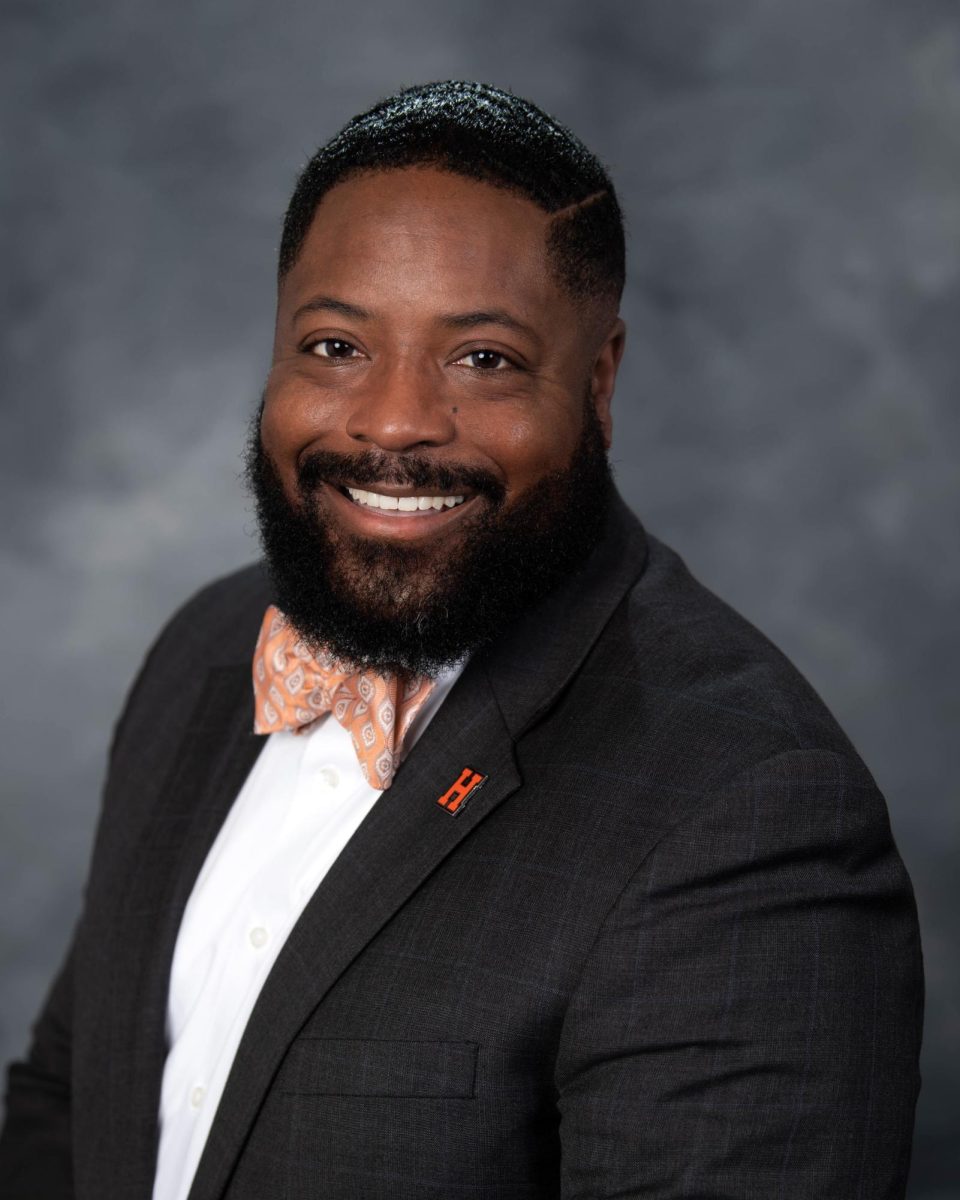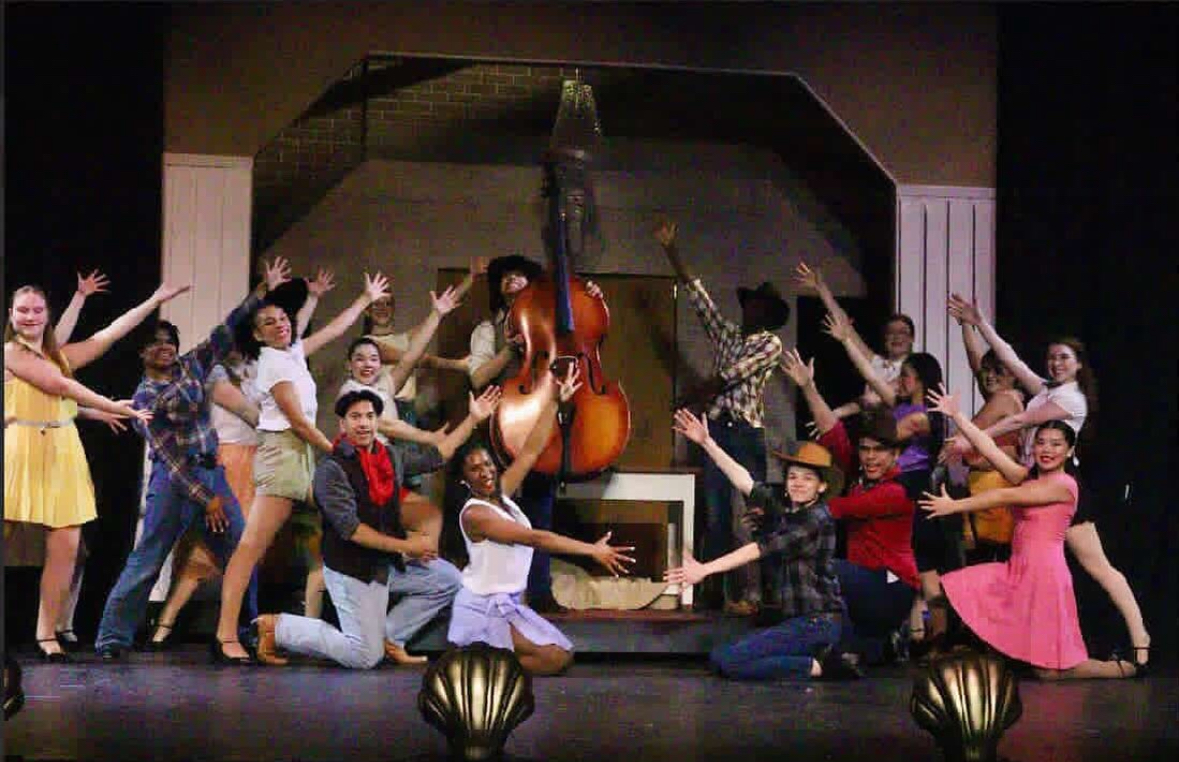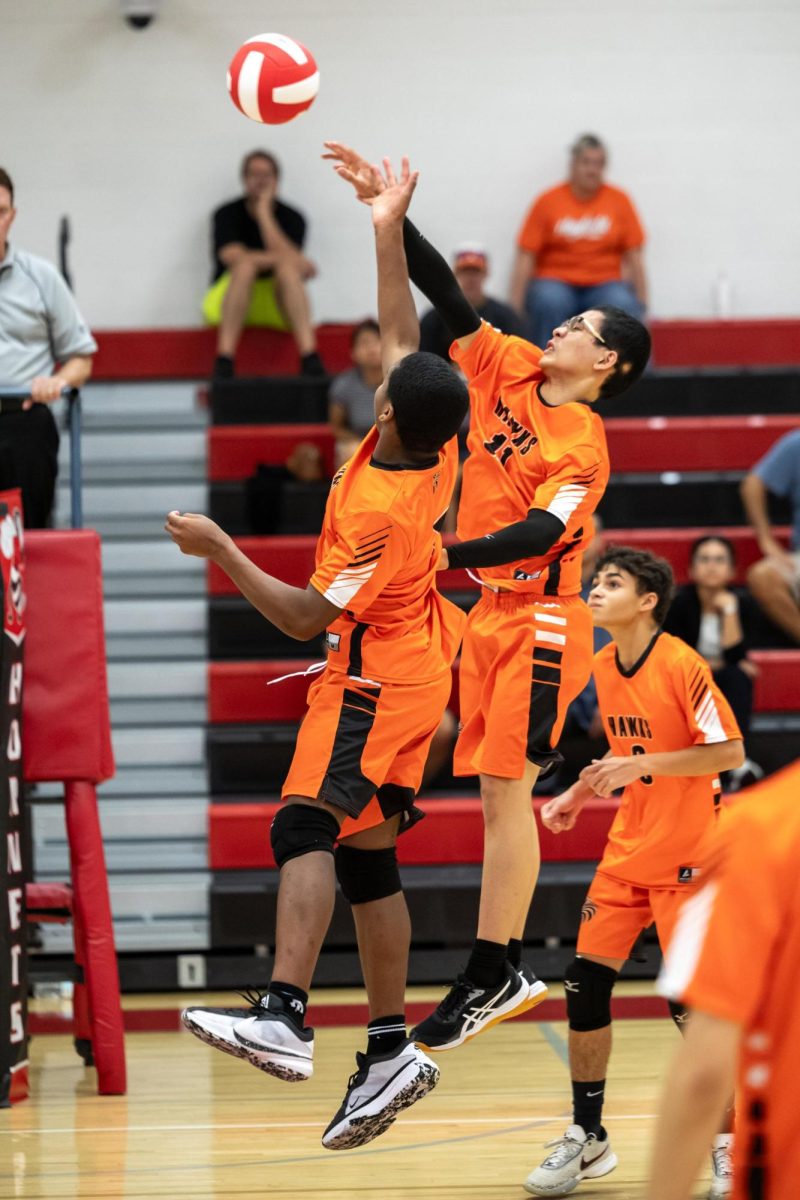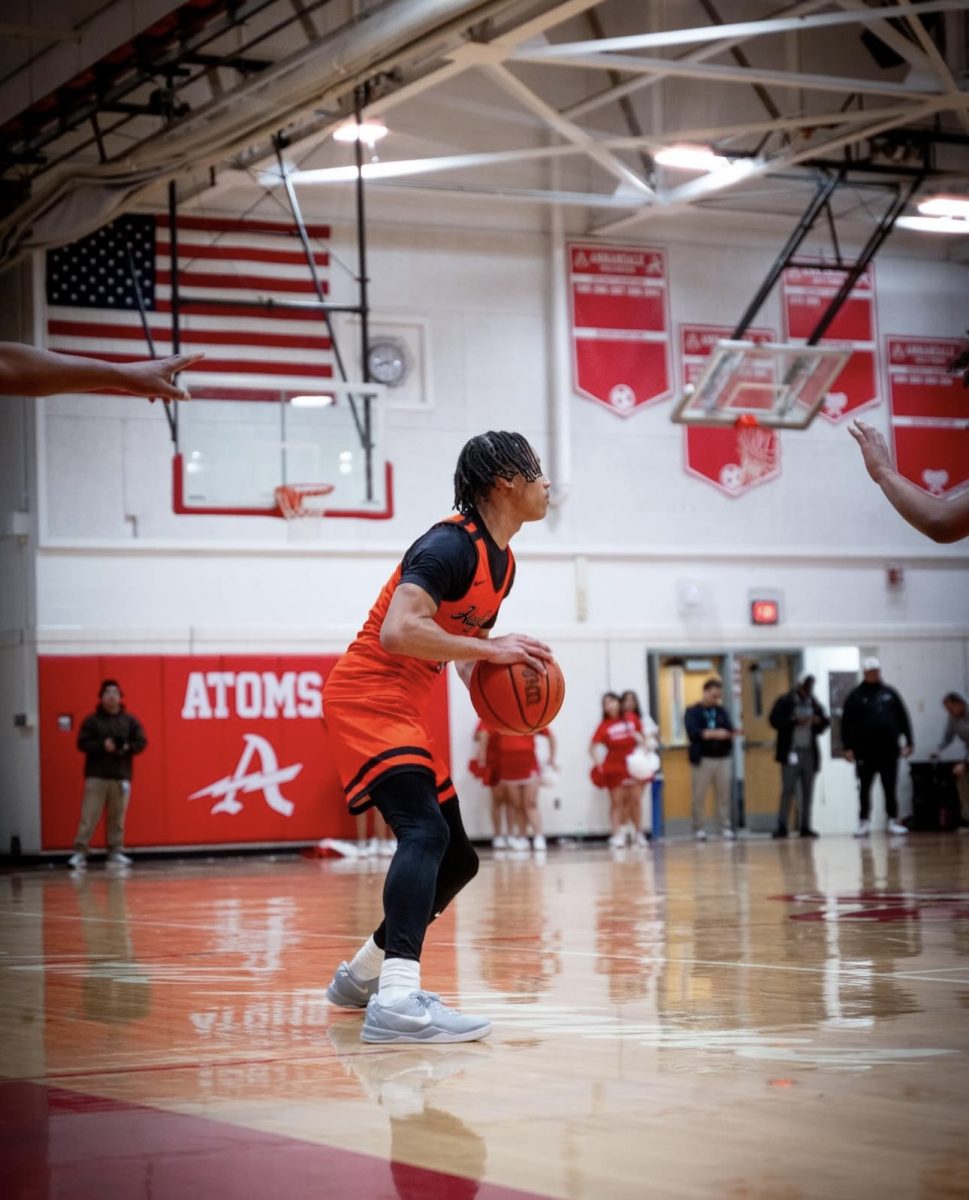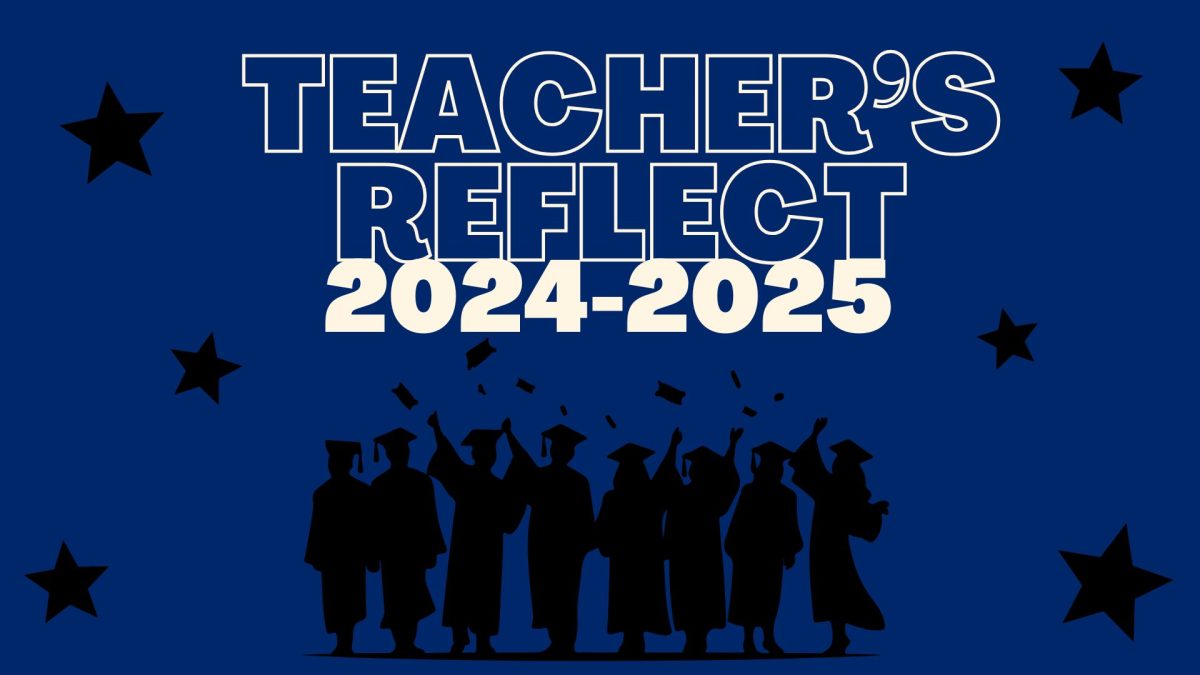With the results of the 2024 election, political discussions have become increasingly common; whether at the Thanksgiving dinner table or flipping through the news, it’s hard to avoid political commentary. One forum for these debates, when students decide to put their phones down, is the classroom.
At Hayfield Secondary, debates about election results, the upcoming second term of Donald Trump and the hostility between political parties are no longer just confined to Young Democrats or Republicans meetings. Notably, as polling shows, many young men swung to the right this election, a likely cause for political tensions in the hallways of Hayfield. AP News found that more than half of men under 30 supported Trump in the election.
“I think in general as the generations go and social media becomes a more common thing, [every] teenager is becoming more vocal and loud in their political beliefs,” Teaghan Jones, a senior at Hayfield said.
Jones believes there to be an upside and a downside to this new wave of political awareness.
“[Being open] sometimes can be good for political activism and for speaking about things that are important in society, but on the flipside there are a lot of bad influences making it seem like a safe space for young boys to say disgusting and harmful [comments],” Jones said.
Joseph Ouelette, a senior, agreed about negative aspects of political conversations at Hayfield.
“I’ve noticed that Gen-Z is a very progressive generation with us being more accepting of diversity, especially at school. [However] there’s such a large mentality around men of taking traditionally conservative over more accepting views,” Ouelette said.
Questions about the large number of young men who support Trump in comparison to young women are also increasingly relevant post-election.
“Men tend to vote more conservative, but I think that’s more of a political party thing [than an age factor],” Jones said.
“Males want to be more dominant and have control, and I think the Republican Party appeals to younger men more than younger women because their policies allow them to have more control,” Oulette said.
Regardless of gender, political conversations are certainly a new norm at Hayfield.
“I’ve noticed a lot of change [post election] in classrooms. I’ve had experiences where I’ve overheard really transphobic conversations from people that I wouldn’t expect to ever have those views,” Jones said.



